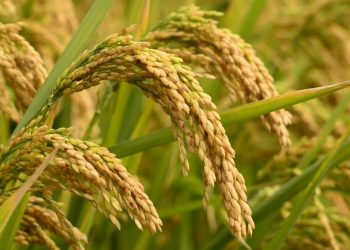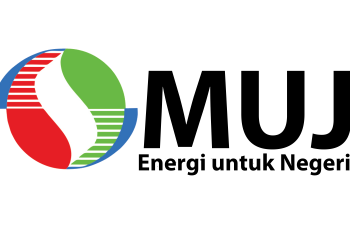Jakarta, Indonesia Sentinel –The National Food Agency (Bapanas), Indonesia’s competent authority for food safety, has announced it will investigate Shine Muscat grapes imported from China after Thailand reported finding hazardous chemical residues in similar grapes. The agency’s head, Arief Prasetyo Adi, confirmed the upcoming investigation would involve sampling and laboratory testing to ensure the safety of Shine Muscat grapes in Indonesian markets.
“This initiative reflects our commitment to safeguarding the food supply, particularly fresh produce, ensuring it is safe for consumption in Indonesia,” Arief said on Wednesday, October 30.
The investigation follows findings from the Thai-Pesticide Alert Network (Thai-PAN), which revealed on October 2-3 that chemical residues were detected in Shine Muscat grapes imported to Thailand. According to CNN Indonesia, Thai-PAN’s testing reports showed that 23 out of 24 grape samples, sourced from 15 stores across Bangkok, contained pesticide residues exceeding safe limits, categorizing them as toxic.
The report indicated that 37 of the 50 toxic substances identified in the grape samples were systemic pesticides, which can embed in the fruit’s tissue and remain even after washing. Notably, nine of the 24 tested samples were traced back to China, while the origins of the remaining grapes were unconfirmed.
Prabowo Targets to Increase Indonesia Teacher Salary
In response to these findings, Indonesia’s Food and Drug Monitoring Agency (BPOM) expressed concern. BPOM Head Taruna Ikrar stated on Tuesday that the agency would actively address the issue. “So far, we have not received direct reports of harmful chemicals in Shine Muscat grapes, but we will act on this information starting today,” he said.
Taruna emphasized that if testing reveals hazardous substances in these grapes, BPOM will move to remove the product from Indonesian markets. “We will coordinate with other agencies involved in the investigation of Shine Muscat grapes,” he added.
As the inquiry progresses, Bapanas urges the public not to be swayed by unverified information. “Bapanas will continue to provide transparent updates on fresh produce safety, adhering to established food safety protocols,” said Arief, reassuring consumers of the agency’s proactive monitoring.
(Raid/Agung)


























